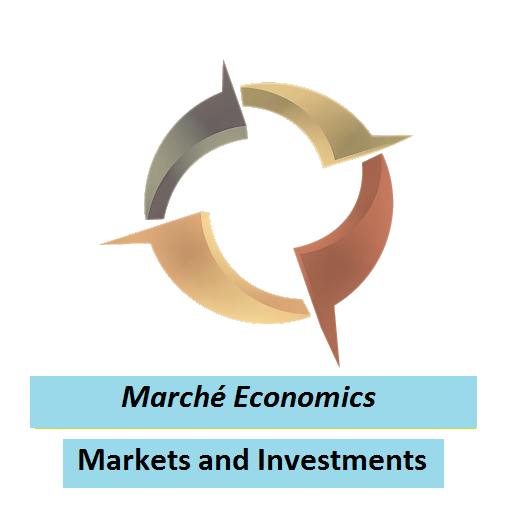All policies have negative consequences. The hope is that positive consequences will outweigh those that are negative. For example, in the late 1990s Pres. Clinton placed recruitment restrictions on the CIA that caused its staff to shrink by half. Clinton also cut CIA and military funding substantially. The 9/11 terrorist attacks followed. Bill Clinton also replaced regulatory authority under Glass-Steagall that gave the SEC oversight of investment derivatives, like those of the subprime mortgage crises, with the Gramm-Leach-Bliley Act that removed SEC regulatory authority over derivatives. The Great Recession followed. Pres. Obama increased the minimum wage at the trough of the Great Recession and overregulated the economy throughout his presidency. The slowest economic recovery in history followed. The weak recovery was coupled with a labor market in which people were afraid to voluntarily quit their job for fear of not finding a new one.
These examples of negative consequences are analogues to those resulting from Pres. Trump’s Trade war. The only benefit is to keep China from stealing our technology. The downside is that trade protections promote domestic monopolies such as the UAW. The UAW single handedly caused the bankruptcy of two major US automobile manufacturers during the Great Depression and caused the entire city of Detroit to collapse economically. Free trade, on the other hand, erodes the power of monopoly sellers such as the UAW. Thus, NAFTA was a better trade policy than the USMCA negotiated by Donald Trump. USMCA simply bolsters the UAWs monopoly power. Trump’s trade protections have also caused an increase in trucking bankruptcies, decreased nternational shipping, and increased the hardship among dockworkers because of the reduction of exports and imports. Industrial production, investment in building and equipment, and GDP growth are also down significantly. Moreover, the FEDs balance sheet is once again increasing. Only consumers and the labor market appear to be doing well. Unfortunately, as indicated in my previous post, this is due only to the increased inefficiency brought about by the reduction of international specialization on the basis of comparative advantage and free trade.
In spite of the negatives, Pres. Trump is now forced to propel the stock market upwards because of the election cycle. This should mean the opposite of the trade war escalation of 2018 that punished the economy and the stock market. So long as trade tensions are reduced, the economy will not slip into a recession. I don’t believe that Trump will negotiate a much better trade deal with China, however. His initial trade agreement is rather weak as it gives up specific tariffs for ambiguous and unenforceable promises. I expect that the Chinese will appear cooperative at first but there is zero basis for trusting them. Instead of tariff protections and a trade war that results in the inefficiency of protectionism, the better policy would be to place capital export restrictions and disincentives upon investment and production inside China. These could be coupled with incentives for capital export and production in friendlier countries such as Mexico. Unfortunately, the Trump administration doesn’t see the benefit of economic development in Mexico that would reduce illegal migration by capitalizing on Mexico’s comparative advantage from highly productive and cheaper labor. Instead, Pres. Trump only recognizes the apparent yet illusory gains from protectionism and greater inefficiency.
Given that the risk of recession for the foreseeable future remains low (as does the outlook for beneficial presidential policies or agreements) some highly ranked stocks that are expected to deliver growth for the next 30 – 90 days include: IMPUY, SEM, BERY, LAD, ABG. EVRI. PPC, and ATSG. Dividend growth stocks for this same period include: BMA, MBT, PHI, BBBY, DTEGY, LM, PDCO, SWM, TX, ABBV, OPI, and VGR. Currently, the best performing ETFs are XLK, XLI, and XLP. Keep in mind that the likelihood of a sudden stock correction from the current overbought level remain high. Otherwise, I wish you Good investing!
